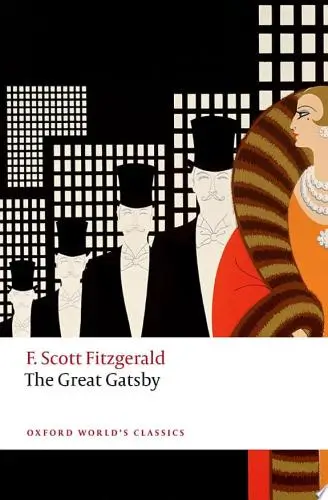
The Great Gatsby
What's it about?
The Great Gatsby is a poignant exploration of the American Dream and the complexities of love and ambition. As you navigate the opulent yet hollow world of Jay Gatsby, you’ll uncover themes of identity, class struggle, and the elusive nature of happiness. The novel invites you to reflect on the moral decay hidden behind wealth and glamour, urging you to consider the cost of your aspirations. Through the eyes of narrator Nick Carraway, you’ll gain insights into the fragility of dreams and the profound impact of the past on the present.
About the Author
F. Scott Fitzgerald, an American novelist, is best known for "The Great Gatsby." His works often explore themes of decadence, idealism, and the American Dream, characterized by lyrical prose and vivid characterizations. His writing captures the Jazz Age's essence, illustrating the disillusionment and moral decay of the 1920s.
5 Key Ideas of The Great Gatsby
The Illusion of the American Dream
Chasing superficial success can leave you unfulfilled and disconnected from what truly matters.
Consider Gatsby's glittering parties, the envy of all, yet his heart ached with a profound emptiness, longing only for Daisy's elusive affection.
- Gatsby's relentless pursuit of wealth was a facade for emotional fulfillment.
- Material success didn't buy the acceptance or happiness he desired.
- The hollow nature of Gatsby's dream reflects a societal obsession with wealth over meaningful relationships.
Reflect on a personal goal—does it bring genuine happiness or is it rooted in societal expectations?
Don't mistake material possessions for success; they should support, not define, your happiness.
The Perils of Living in the Past
Clinging to bygone days can prevent you from embracing new, life-enriching experiences.
Gatsby's entire existence was an elaborate attempt to recreate a perfect past with Daisy, blinding him to life's present opportunities.
- Living in the past caused Gatsby to romanticize Daisy, ignoring her flaws and his present reality.
- This obsession led to his tragic downfall, illustrating the dangers of idealizing the 'good old days.'
- Even Nick, the narrator, learned the futility of returning to the Midwest for comfort.
List three things you appreciate about your current life and plan a new experience to look forward to.
Beware of nostalgia distorting your memories; clarity lies in appreciating the present.
The Facade of Appearances
Judging people by their outward persona can lead you to misunderstand their true nature and intentions.
To many, Tom Buchanan was a successful athlete and wealthy man. Yet beneath this polished exterior lay a person of privilege, carelessness, and moral decline.
- Tom's outward success masked his brutish, adulterous behavior.
- Daisy charmed with her voice but wavered indecisively, demonstrating the gap between image and reality.
- The glittering parties at Gatsby's mansion hid a man vulnerable and longing for love, not power.
Engage in a meaningful, deep conversation with someone instead of accepting what's on the surface.
Don't assume someone's public image reflects their personal virtues or struggles—dive deeper.
Deeper knowledge. Personal growth. Unlocked.
Unlock this book's key ideas and 15M+ more. Learn with quick, impactful summaries.
Read Full SummarySign up and read for free!
The Great Gatsby Summary: Common Questions
"In my younger and more vulnerable days, my father gave me some advice that I’ve been turning over in my mind ever since."
I just finished reading The Great Gatsby, and I was captivated by the opulent world Fitzgerald created in the Roaring Twenties. The story revolves around Jay Gatsby, a mysterious millionaire, and his elusive love for Daisy Buchanan. The vivid descriptions of lavish parties and the symbolism of the green light across the bay left me contemplating the nature of the American Dream—is it ultimately unattainable? The way Fitzgerald portrayed wealth and disillusionment particularly struck a chord with me, akin to the themes explored in books like Tender is the Night by the same author.
As I delved deeper, I found myself both mesmerized and frustrated by Gatsby's desperation and the superficiality of the people around him. The ending was particularly poignant, leaving me with more questions than answers about morality and the hollowness of excess. Characters like Tom Buchanan and Jordan Baker seemed crafted to embody the very decay of the American Dream, enhancing the story's bittersweet edge.
Overall, I would highly recommend The Great Gatsby to anyone intrigued by the complexities of love, desire, and the illusion of wealth. It's a timeless story that resonates well beyond its Jazz Age setting, making it a must-read for lovers of classic literature.
Experience Personalized Book Summaries, Today!
Discover a new way to gain knowledge, and save time.
Sign up for our 7-day trial now.
No Credit Card Needed

Similar Books

The White Night of St. Petersburg
Michel (Prince of Greece)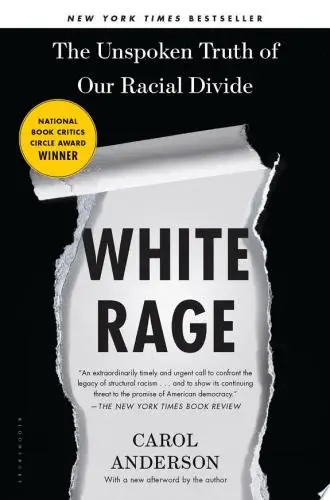
White Rage
Carol Anderson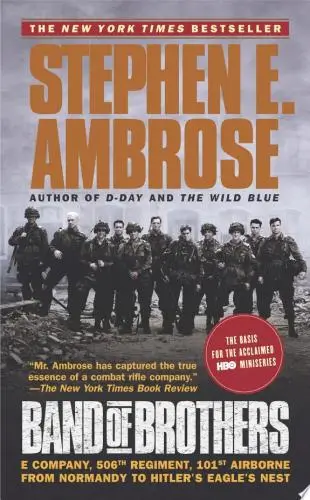
Band of Brothers
Stephen E. Ambrose
Defining Sexism
Elizabeth Hall Magill
Class Matters
The New York Times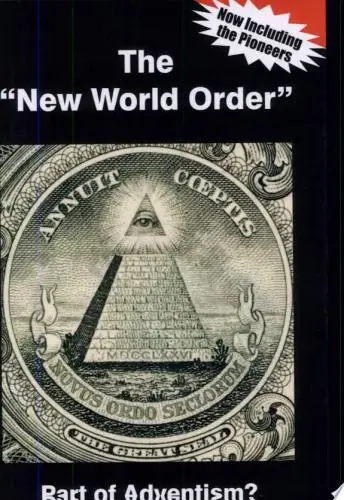
The New World Order
Allen Roesch
Irvine Welsh
Robert Morace
To Kill a Mockingbird
Harper Lee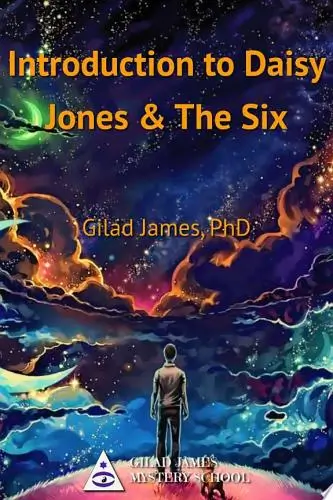
Introduction to Daisy Jones & The Six
Gilad James, PhD
The Papers of Martin Luther King, Jr., Volume I
Martin Luther KingTrending Summaries

Peak
Anders Ericsson
Never Split the Difference
Chris Voss
Smart Brevity
Jim VandeHei
The Psychology of Money
Morgan Housel
The First 90 Days
Michael D. Watkins
Atomic Habits
James Clear
Thinking, Fast and Slow
Daniel Kahneman
The Body Keeps the Score
Bessel van der Kolk M.D.
The Power of Regret
Daniel H. Pink
The Compound Effect
Darren HardyNew Books

Forex Trading QuickStart Guide
Troy Noonan
Comprehensive Casebook of Cognitive Therapy
Frank M. Dattilio
The White Night of St. Petersburg
Michel (Prince of Greece)
Demystifying Climate Models
Andrew Gettelman
The Hobbit
J.R.R. Tolkien
The Decision Book
Mikael Krogerus
The Decision Book: 50 Models for Strategic Thinking
Mikael Krogerus
Fichte
Johann Gottlieb Fichte
Do No Harm
Henry Marsh
